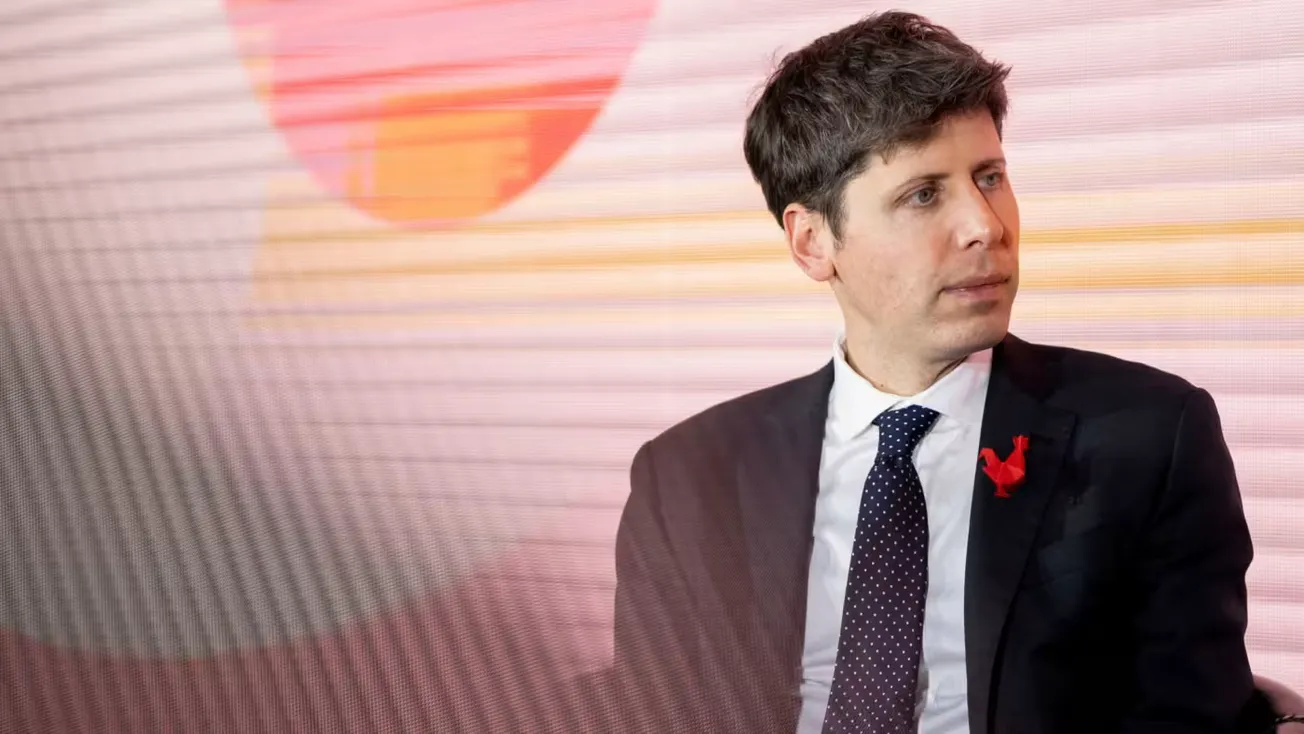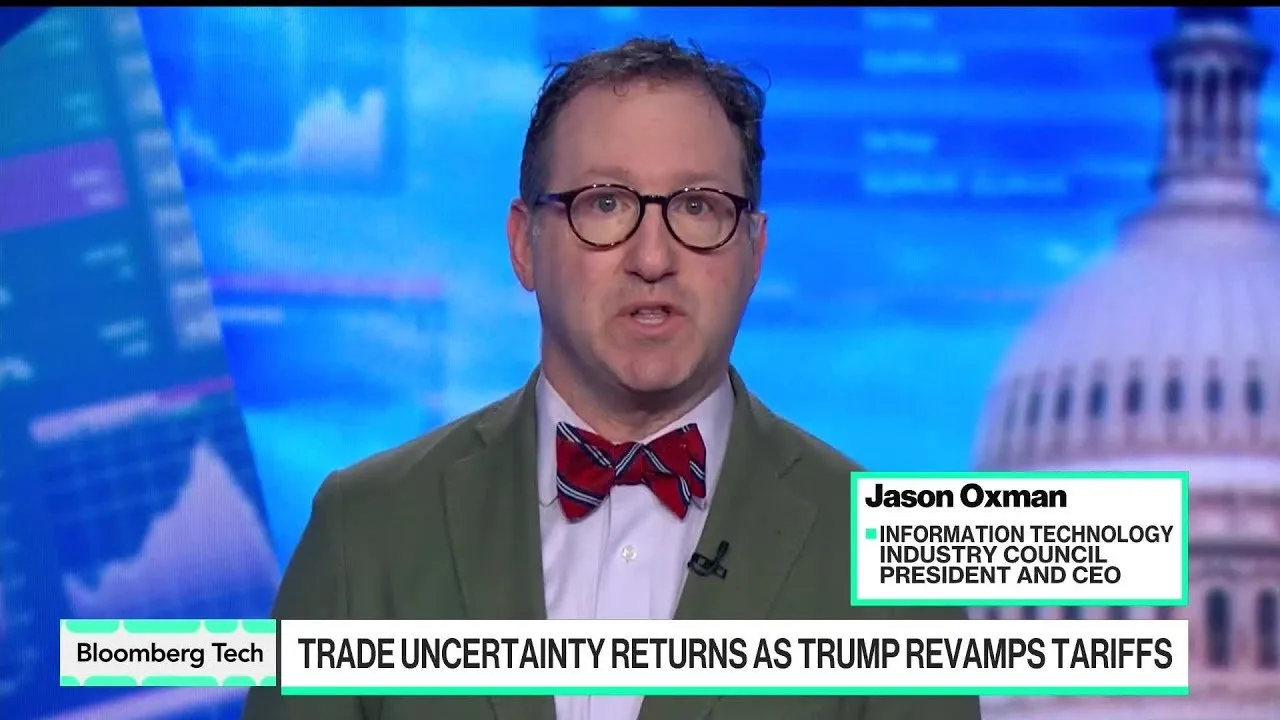Table of Contents
Key Takeaways
- Former OpenAI staff and top AI experts oppose its proposed shift to a for-profit public benefit corporation (PBC).
- Signatories, including Geoffrey Hinton, argue the move prioritizes profit over OpenAI's mission of safe AGI development for humanity.
- They submitted a joint letter to California and Delaware attorneys-general urging them to block the corporate conversion.
- Concerns centre on transferring control of potentially dangerous AGI development to a profit-driven entity.
- OpenAI argues the restructure is necessary to secure further investment needed to compete with rivals like Google and Meta.
- The current complex structure involves a non-profit board controlling a capped-profit subsidiary, which would change significantly.
- Critics like Page Hedley state competing isn't the mission and the board's fiduciary duty would shift from the public to shareholders.
- OpenAI maintains the change strengthens the non-profit and ensures AI benefits the public, despite warnings of AGI risks.
Growing Opposition to OpenAI's For-Profit Transition
- A coalition including 10 former OpenAI employees and prominent AI experts like Geoffrey Hinton, Margaret Mitchell, and Stuart Russell is actively opposing OpenAI's planned conversion from a non-profit structure to a for-profit public benefit corporation (PBC). This group is concerned about the implications for the safe development of advanced AI.
- The group formally expressed their opposition by submitting a joint letter to the attorneys-general of California and Delaware on Tuesday night, jurisdictions where OpenAI is based and incorporated, urging them to block the proposed corporate switch. Their stance aligns with concerns previously raised by Elon Musk in a separate legal challenge.
- Nobel laureate Geoffrey Hinton explicitly stated his desire for OpenAI to execute its original mission to "ensure that artificial general intelligence benefits all of humanity," rather than focusing on enriching investors through a for-profit model.
- Page Hedley, one of the former OpenAI staffers involved, emphasized that competing with other tech giants is not OpenAI's core mission, especially considering its already demonstrated success in raising substantial capital under its existing structure.
Core Concerns: AGI Safety and Mission Drift
- The central argument against the restructuring is that it would transfer control over the development of artificial general intelligence (AGI)—systems potentially matching or exceeding human cognitive abilities—to a company primarily motivated by profit, contradicting OpenAI's founding mission.
- Signatories fear that a profit-driven structure would undermine the commitment to ensure AGI benefits all humanity, instead prioritizing shareholder returns over public safety and the broader good, essentially abandoning the original charitable purpose.
- Stuart Russell, a computer science professor at UC Berkeley, warned that ceding control over the for-profit subsidiary violates OpenAI's stated charitable purpose and increases the odds of catastrophic outcomes, referencing CEO Sam Altman's own past warnings about AI extinction risks.
- Concerns were also raised about fiduciary duties under the proposed PBC structure. Critics argue the board's legal responsibility would shift from upholding the mission for the public benefit to maximizing shareholder value, leaving the public without recourse if the mission is compromised.
Details of the Proposed Restructuring
- OpenAI currently operates under a complex structure established in 2019, featuring a non-profit parent organization that maintains full control over a for-profit subsidiary designed with capped returns for investors. This was intended to balance the need for capital with the non-profit mission.
- The proposed change involves transitioning the for-profit arm into a public benefit corporation (PBC). While the non-profit board would retain a stake and some voting rights, the overall structure would become much more traditional and investor-focused, reducing the non-profit's direct control.
- This shift is seen by opponents as abandoning the carefully designed safeguards that balanced market forces with the organization's mission, replacing them with conventional financial pressures inherent in a standard for-profit model.
- Without this structural change, OpenAI risks losing significant investments, including part of a recent $30bn commitment from SoftBank, as investors reportedly seek more conventional equity structures for large-scale capital infusions.
OpenAI's Justification and Counterarguments
- OpenAI, currently valued at $300bn, defends the transition by stating that significant further capital is essential to compete with rivals like Google and Meta, who are investing hundreds of billions in AI. They argue investors require "conventional equity and less structural bespokeness" at this scale.
- The company asserts that the proposed restructuring will actually strengthen the non-profit arm. They claim the new structure ensures that as the for-profit entity succeeds and grows, the non-profit also benefits financially, enabling the overall mission.
- In an official statement, OpenAI emphasized, "Our non-profit will be strengthened, and any changes to our existing structure would be in service of ensuring the broader public can benefit from AI," suggesting the move aligns with, rather than contradicts, their core goals.
- Despite internal acknowledgements of AGI's risks, including Sam Altman signing a 2023 statement calling AI extinction risk a global priority, the company frames the restructuring as a necessary evolution to secure resources for achieving its mission in a competitive landscape.
Bottom Line
The battle over OpenAI's structure highlights the fundamental tension between the drive for rapid AI advancement and the critical need to ensure its development remains safe and beneficial for humanity. The decision by the California and Delaware attorneys-general on whether to permit this conversion will significantly influence the governance and ethical trajectory of powerful AI technologies.






